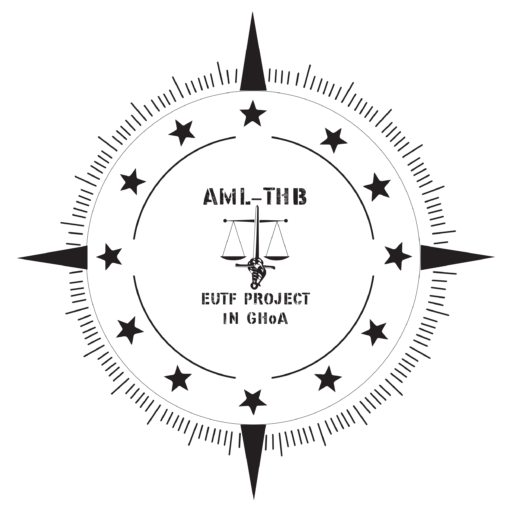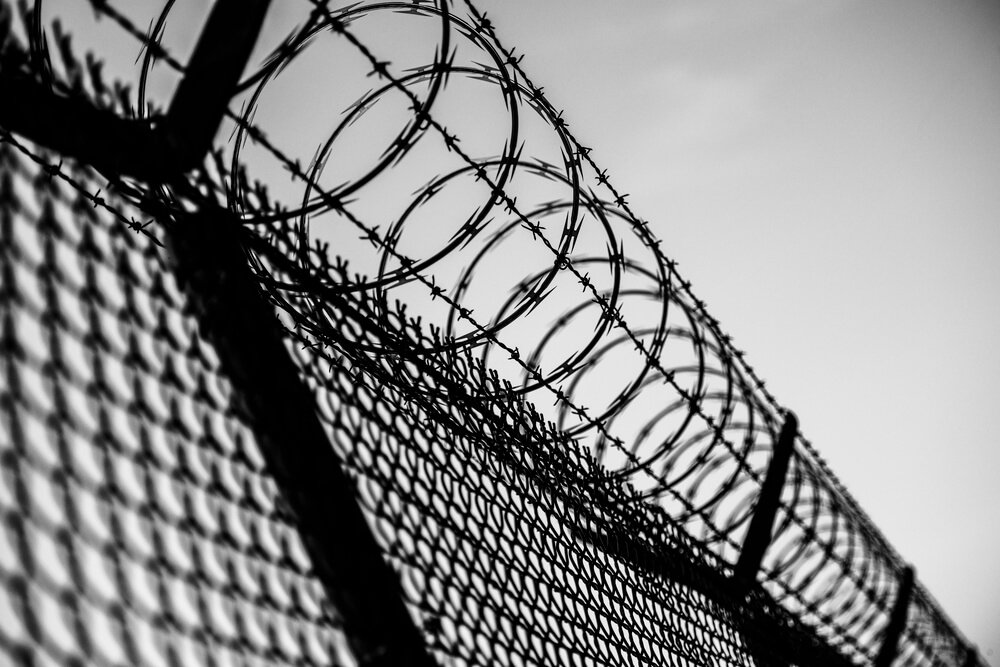By Paul Keyton
In this article, I outline the mandate of the Integrity Reporting Services Agency, the Mauritian law enforcement agency, to which I belong and the key elements of the legislation which established it.
Although it may not be readily appreciated, it is no exaggeration to describe the Good Governance and Integrity Reporting Act 2015 (the Act), which established the Agency, as the pre-eminent legislation of its kind, unsurpassed in its scope and application by any other statute world-wide.
This is not just my opinion but also that of Lord Phillips, the first President of the Supreme Court of the United Kingdom and formerly the UK’s most senior judge. Lord Phillips now chairs the Integrity Reporting Board, the body which oversees the
Agency’s work and interprets the Act in practice.
The Act’s principal feature is that it allows for the confiscation of property without the need for lengthy and uncertain criminal proceedings. And it is highly effective when deployed in cases where criminal enrichment is strongly suspected but cannot be proven, since it places the onus on the holder of the property to explain how it was acquired.
The application of the Act is, at least in theory, simplicity itself. The Agency identifies property owned or under the control of a citizen of Mauritius, wherever it is located and asks him or her to explain, by way of an affidavit, the source of the funds used to acquire it. The owner is then obliged to show that, on the balance of probability, the funds came from legal sources.
Failure to convince the Agency and its Board that property has been legitimately acquired renders it liable to confiscation by way of an “Unexplained Wealth Order” issued by a Judge in Chambers and title to it then vests in the Agency. The proceeds either of a sale of the property or directly if cash is involved, are deposited in the National Recovery Fund, the use of which is governed by the Act and includes, inter alia, alleviating poverty.
The key aim of the Act, although not explicitly stated, is to deny criminals the financial benefits of their crimes. Seasoned criminals have no fear of prison, which often provides them with opportunities to extend their criminal networks and plan further crimes. The British criminals’ dictum “If you can’t do the time, don’t do the crime” applies here. However, if a criminal has no home, cars, yachts, Rolexes, or other trappings of wealth to enjoy on his release, then his prison “time” has all been for naught.
Though the Act is draconian, it has built-in safeguards to prevent its misuse through either the pursuit of a personal or political agenda. However, its key elements can be easily incorporated in legislation tailored to each jurisdiction. These include the value below which property cannot be confiscated. In Mauritius, this is currently approximately US$ 255,000, but in the UK, a far larger economy, the limit is approximately US$ 68,000. Mauritian citizens do not have to account for any property acquired more than seven years ago, but in the UK, there is no such provision.
However, a legal framework is useless without the political will to enforce it and effective inter-agency cooperation. Fortunately, the political will exists in Mauritius and the Agency is independent and unfettered.
The East Africa community’s AML-THB application for such legislation is clear and although the Agency has no particular mandate in this regard, it is interested in the pursuit of illicit enrichment however it arises, be it from corruption, narcotics trafficking, money-laundering or other forms of criminality. However, THB is possibly the vilest crime imaginable; it generates vast profits for its perpetrators and as was so eloquently explained during the recent GHoA Regional Workshop, it can be extremely difficult to prosecute. Transnational in nature and extremely violent, victims and witnesses can be intimidated or even killed whilst the kingpins remain physically remote and beyond prosecution.
The EAC is no stranger to THB and its attendant evils. Member states are both sources and destination countries for men, women, and children subjected to forced labour and sex trafficking. Women and girls, particularly those who are internally displaced, orphaned, refugees, or from rural areas, are vulnerable to forced labour and sexual exploitation, often in urban centers.
EAC states are also transit countries for South Asian heroin destined for Europe and North America and there is a significant potential for money-laundering in the regional financial center.
There may be many impediments to successful prosecutions, but GHoA Regional Workshop attendees are now fully aware that focussed, parallel financial investigations can massively disrupt THB networks. It is therefore worth considering how the confiscation regimes in member states can be enhanced by tailored unexplained wealth legislation to hit criminals where it really hurts – in their pockets.
For more on this, see Newsletter 009

